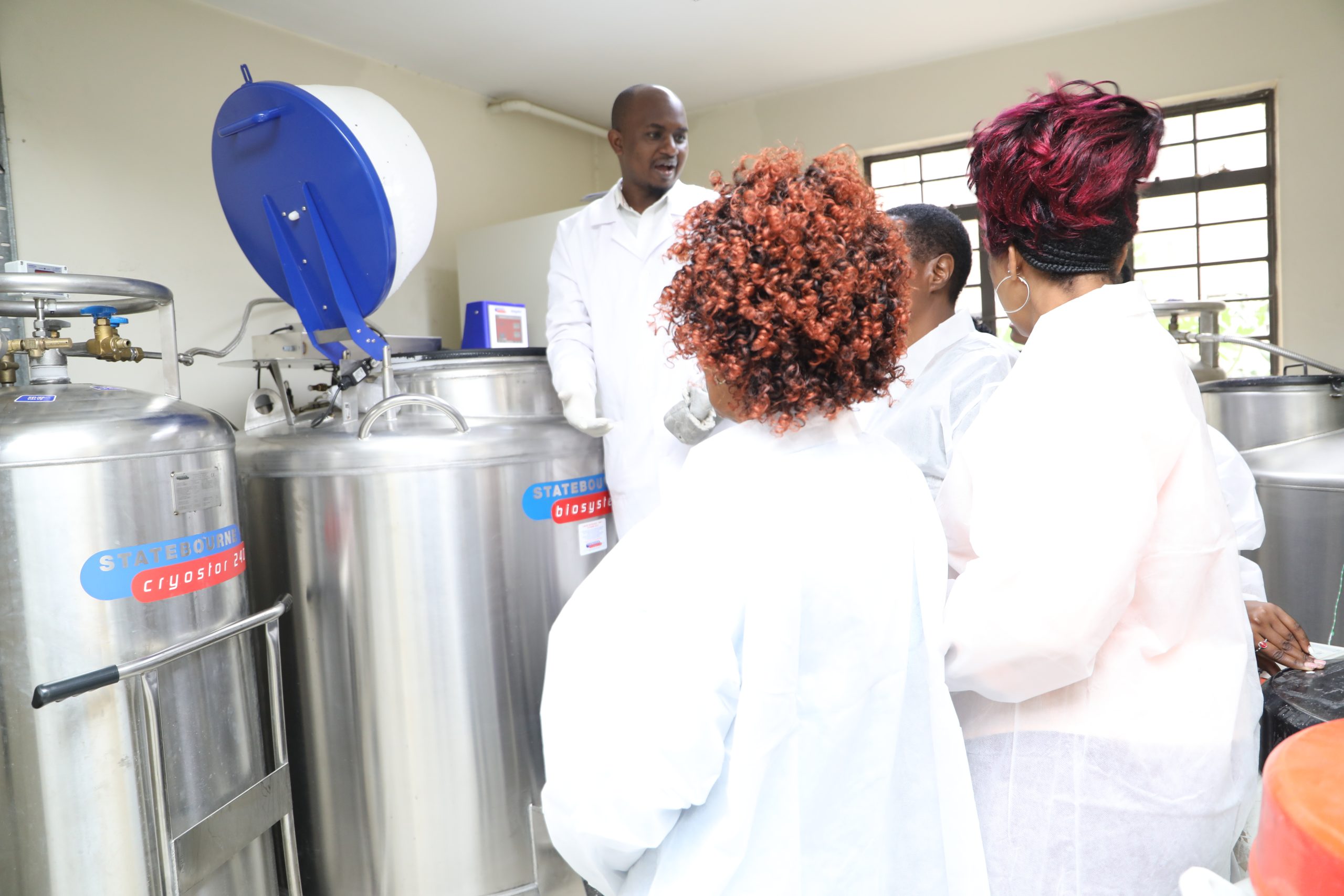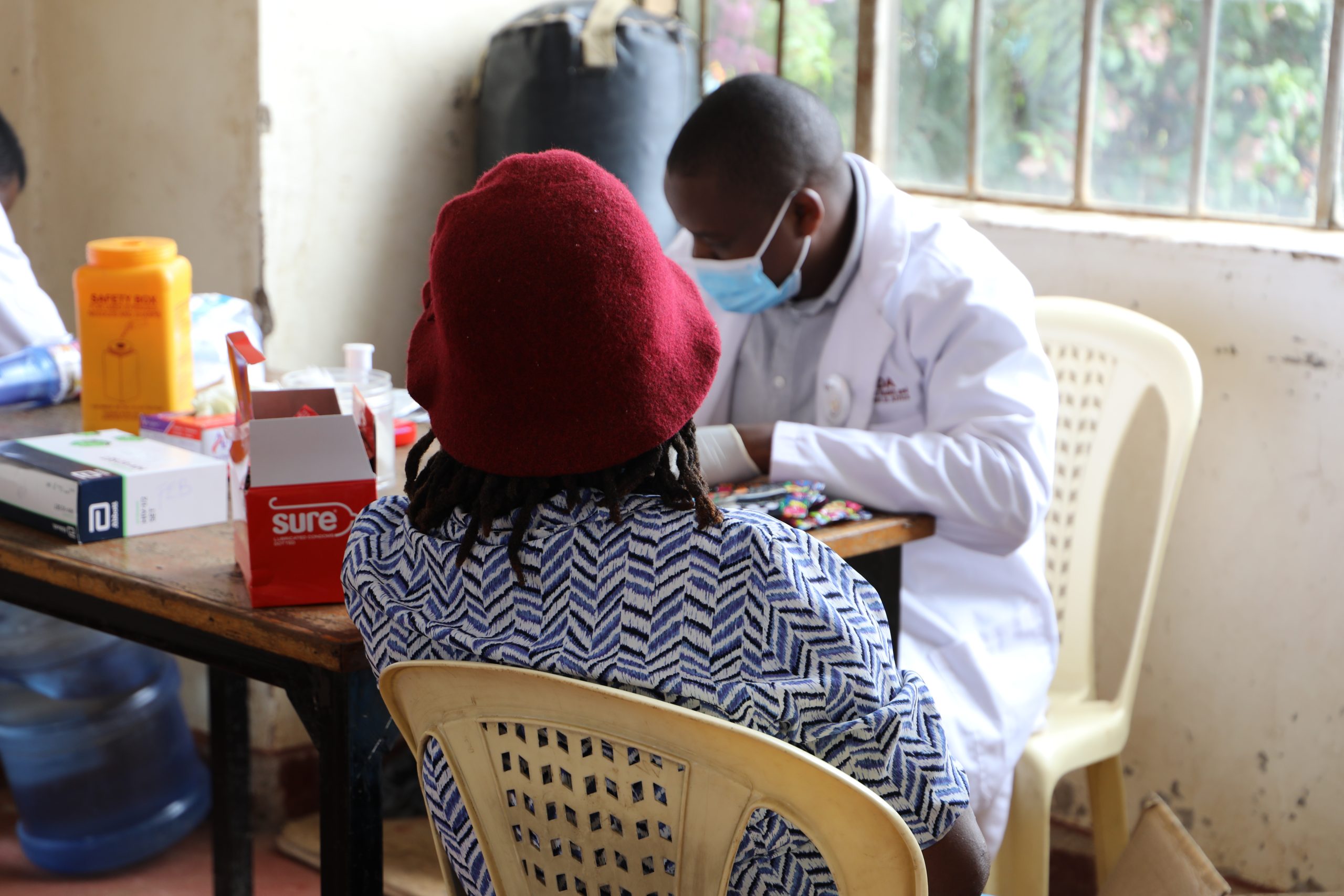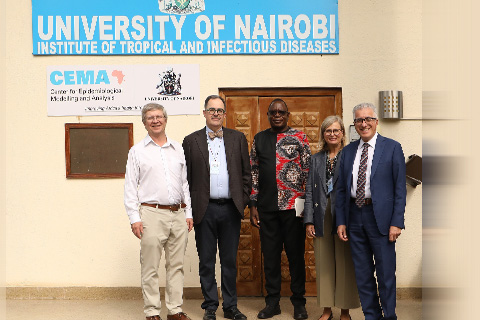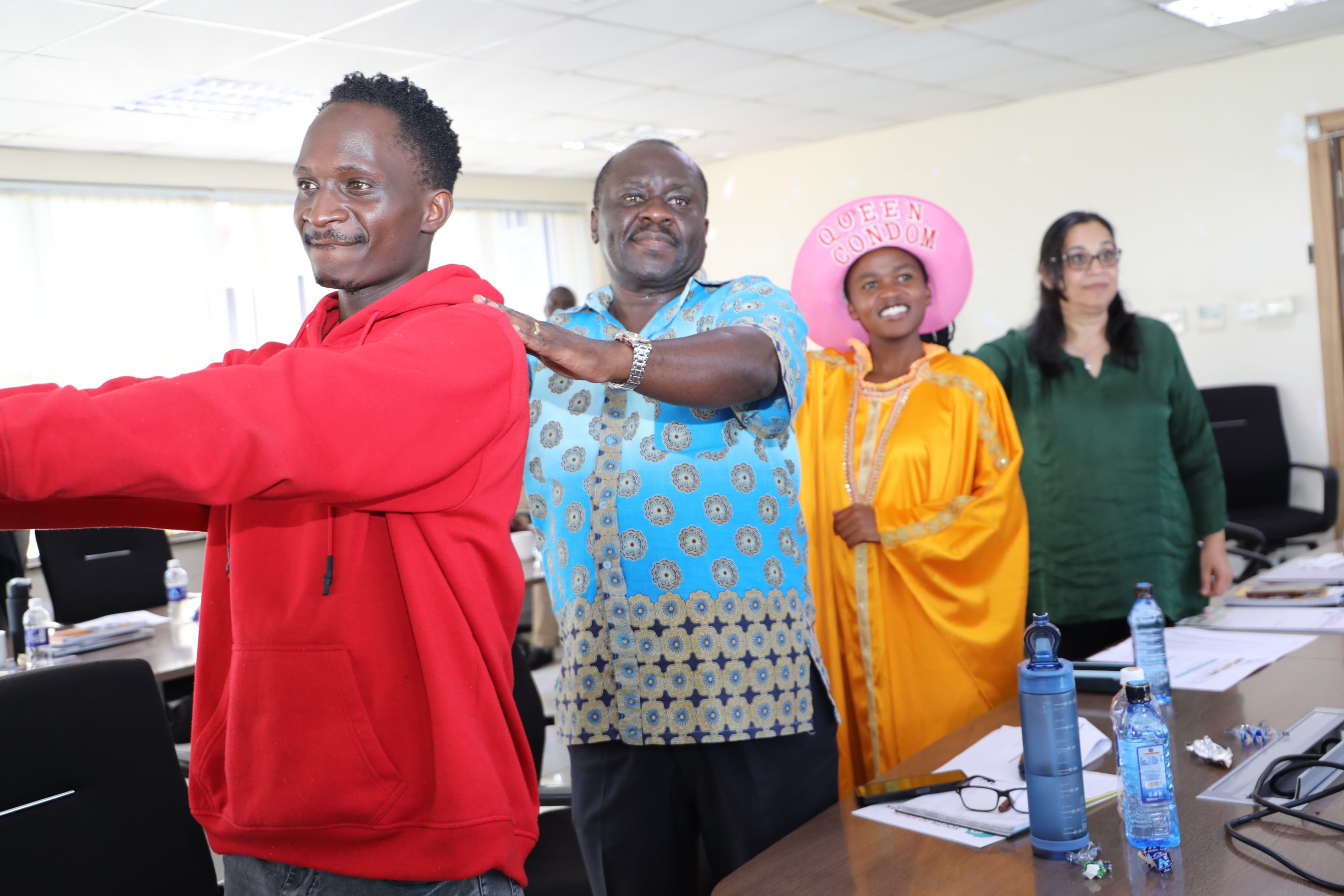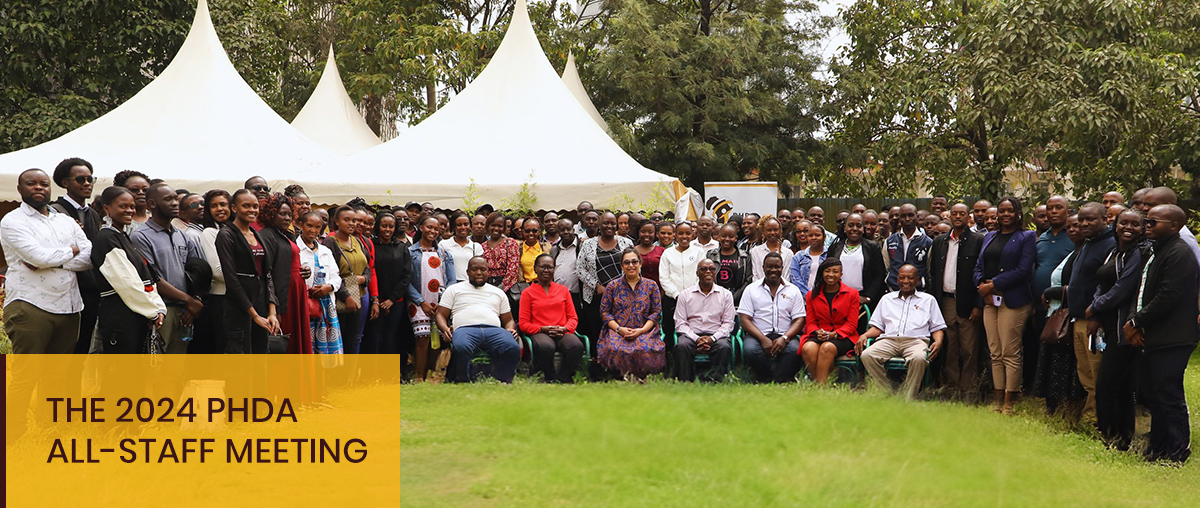
We are Partners for Health and Development in Africa
PHDA is a non-profit organization registered in Kenya, working in the health and development fields in Kenya and elsewhere(other countries) in Africa. PHDA is affiliated with the University of Manitoba, building on its legacy of successful STI and HIV research, prevention, care and treatment programs.

Our Leadership Team
Our leadership team is at the forefront of driving impactful change in public health. Our leaders are committed to excellence, collaboration, and inclusivity, they steer PHDA’s vision of having healthy communities in Africa. Their strategic mission ensures that PHDA remains a trusted partner in global health initiatives, delivering evidence-based interventions that make a lasting difference by reimagining healthy communities in Africa.
What We Do?

Our Story
Over the past 45 years, the University of Manitoba has delivered a large number of STI/HIV/AIDS-related research, prevention, care and support projects and programs in several developing countries, working with various governmental, non-governmental and community-based organizations. The program in Kenya was initiated in 1979 in collaboration with the University of Nairobi and now consists of three broad sets of activities. The first is a wide range of research projects, supported by various research funding agencies, which encompass a broad spectrum of STI and HIV-related research. The second area of activity comprises HIV prevention, care and support programs designed to implement the HIV and STI prevention lessons and strategies learned through research efforts and scale up prevention and care efforts. These activities have been funded by various donor agencies over the years, including governmental agencies and private foundations. The third area of activity involves training and capacity building, activities that various donors have also funded. Through these programs, hundreds of Kenyan and international scientists and program implementers have been trained across a broad spectrum of research, clinical, laboratory and public health disciplines.
The work of the University of Manitoba and its partners in Kenya has generated much of what we now know about the HIV epidemic in Africa and has had an enormous impact on global STI/HIV/AIDS-related health policy. Some of the ground-breaking achievements of the research team include:
- The early identification and confirmation that there is indeed a largely heterosexually transmitted epidemic of HIV in Africa.
- The vital role of “conventional” STIs in enhancing and facilitating HIV infection.
- Understanding the vital role of breastfeeding in the transmission of HIV from mothers to children.
- The finding that hormonal contraceptive methods can facilitate HIV transmission.
- The crucial protective effect of male circumcision for HIV acquisition in men.
- Identifying highly HIV-exposed FSWs who are resistant to HIV infection and the subsequent understanding of acquired immunity to HIV.
- The importance of focused prevention programs for FSWs and their clients in reducing HIV transmission in both of these groups and the general community.


By implementing simple strategies for controlling the sexual spread of HIV, focusing on the most at-risk populations, the basis was laid for a generation of HIV prevention programming. In particular, the University of Manitoba program showed that vulnerable populations, particularly female sex workers and their clients, were central to HIV transmission in the population.
Preventing FSWs from acquiring HIV and promoting condom use with all of their partners has reduced HIV transmission dramatically. The team’s work on male circumcision over 20 years culminated in a major randomized clinical trial conducted in Kenya, led by the University of Manitoba and the University of Nairobi.
This work, confirmed in two other trials, showed that male circumcision confers a 60% reduction in risk for acquiring HIV infection among young men. As a result, male circumcision has been endorsed as an important HIV prevention measure by UNAIDS and WHO, and programs to expand male circumcision services have been developed throughout eastern and southern Africa.
Perhaps the most widely known scientific contribution from the research team has been discovering that a proportion of female sex workers are resistant to HIV infection, likely through acquired immunity. The team has pursued this line of research for over 20 years, and landmark studies have resulted in alterations of the design of HIV vaccines now under development.
The University of Manitoba has since then extended its experience to Asia and other parts of Africa. Building on experience from Kenya, HIV prevention programs have been implemented in India, Pakistan and Nigeria as important country platforms. UoM has provided technical support to several other countries in Africa, Asia and the Caribbean. Several innovative approaches to HIV prevention and care, including new approaches to epidemic appraisal and the mapping of key populations (KPs); micro-planning techniques for program analysis and development; the use of individual-based behavioural tracking systems; and innovative approaches to enhancing the enabling environment, including addressing violence, reducing stigma and discrimination, and expanding access to social entitlements have been the contributions of UoM and its partners.
The University of Manitoba registered a local Kenyan organization in 2012 and named it Partners for Health and Development in Africa (PHDA). In 2014, PHDA formally took over the implementation of all research and programmes under the University of Manitoba banner. PHDA continues to be affiliated with the University of Manitoba and builds on a legacy of successful HIV and AIDS research, programmes and partnerships.

